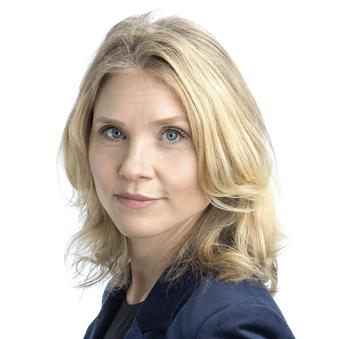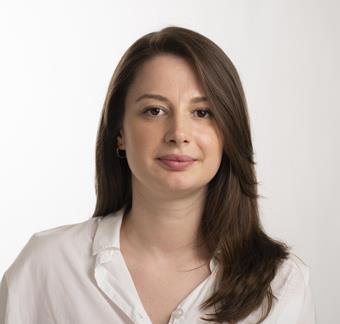As a behavioral economist, I focus on understanding how individual and contextual factors influence decision-making and their impact on the emotional aspects of people’s well-being. I am passionate about bridging the gap between research and practice, and I employ a variety of research methods, including nationwide surveys, large online experiments, lab experiments, and field experiments to advance knowledge. Additionally, I collaborate with industry partners and have extensive experience working with registry micro-data, enriching my research with real-world insights and applications.
Measure of financial health beyond objective wealth
I focus on exploring various dimensions of well-being, with a particular emphasis on financial well-being. My research delves into understanding both individual and contextual factors that influence financial well-being, shedding light on how different behaviors impact overall quality of life.
The who, what, and why of information processing
My work examines the concept of information ignorance, investigating what it entails, who is most susceptible to it, and why. By understanding information ignorance, we can gain insights into how it impacts individuals’ decisions and well-being. This knowledge is crucial for informing strategies aimed at enhancing financial literacy and decision-making.
You can see a special issue at the Journal of Economic Psychology that I co-edited on this topic. Read the article here.
Decision-making in the digital era
Another aspect of my research explores the evolving landscape of technology and its implications for individuals' decisions and well-being. I investigate the antecedents of digital well-being, and how people’s subjective perceptions of risk and benefits related to AI-applications affect their trust and well-being. Furthermore, I investigate how information ignorance affects people's willingness to use AI-based tools, along with both positive and negative aspects of AI on individual behavior and well-being.
























